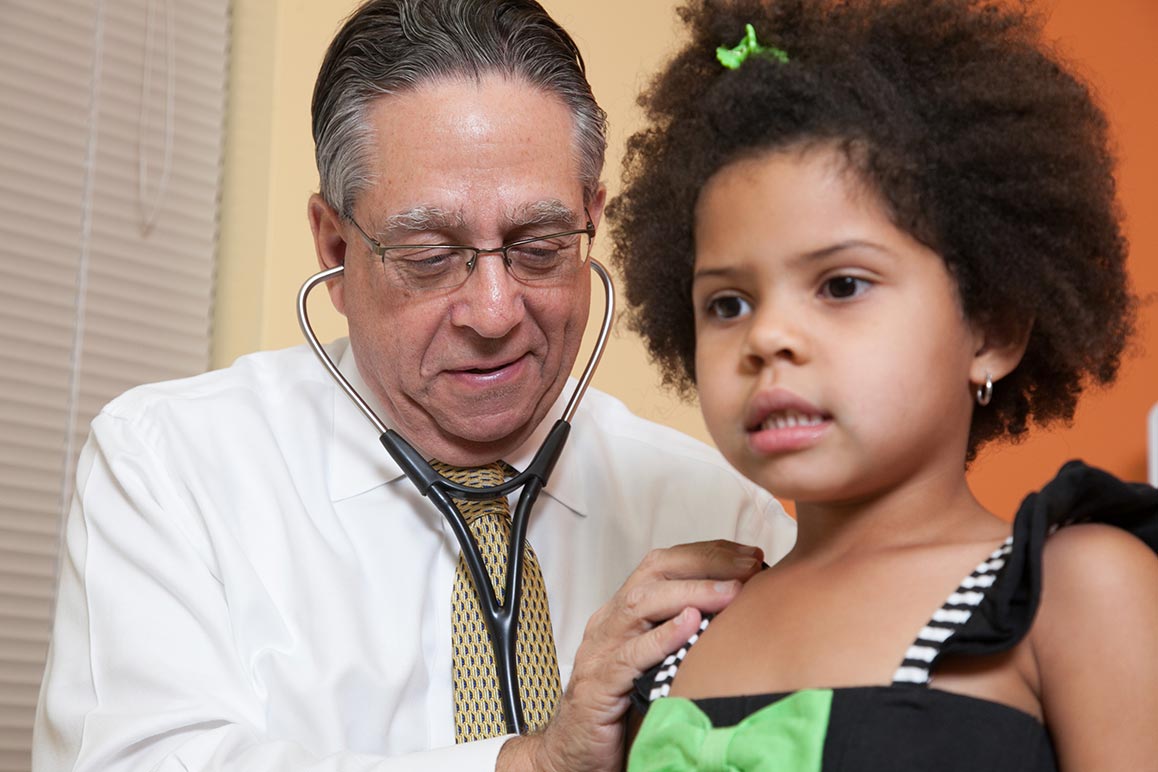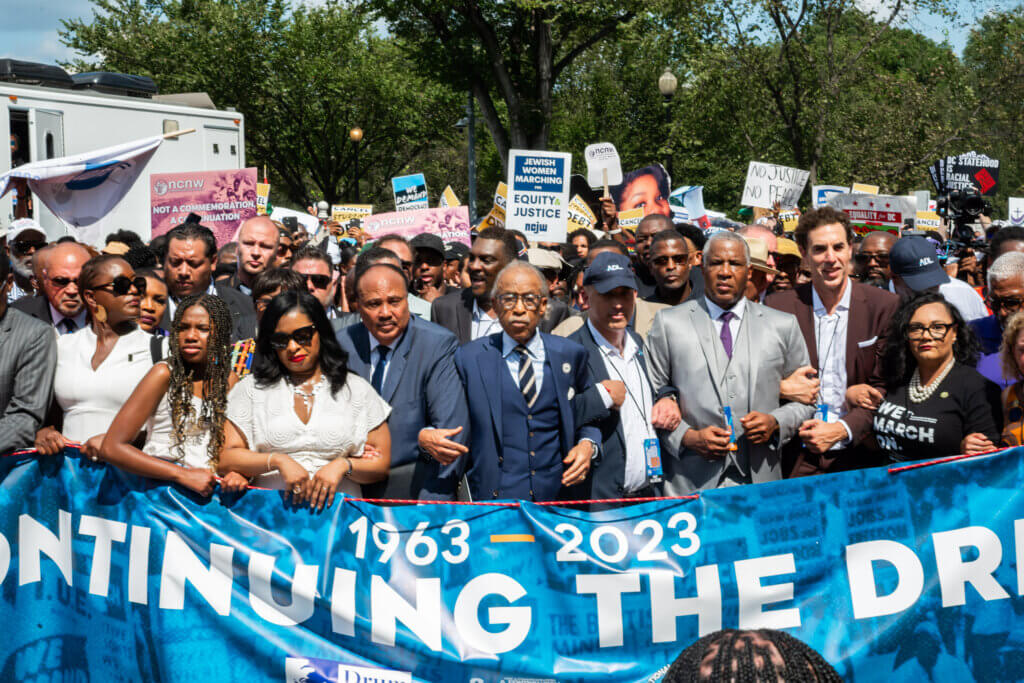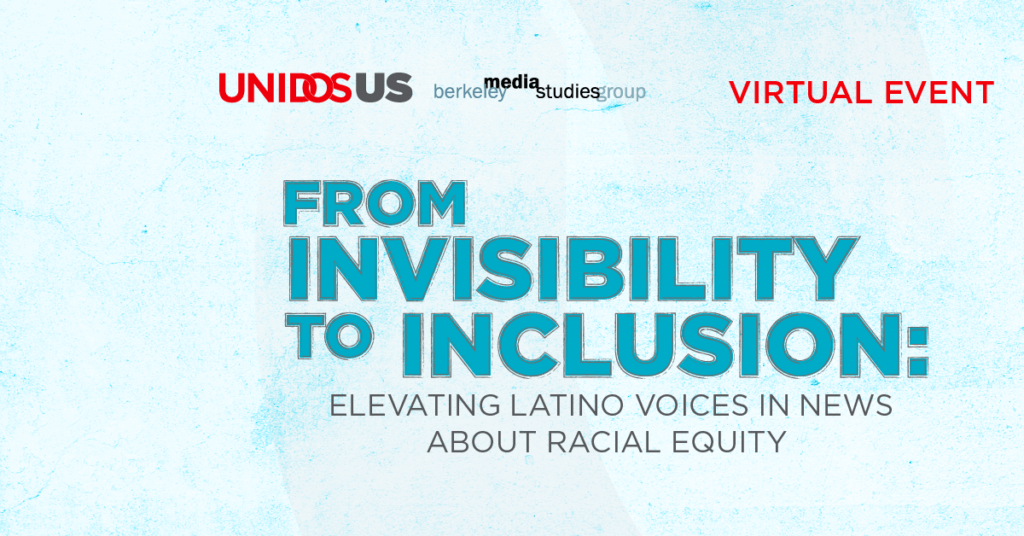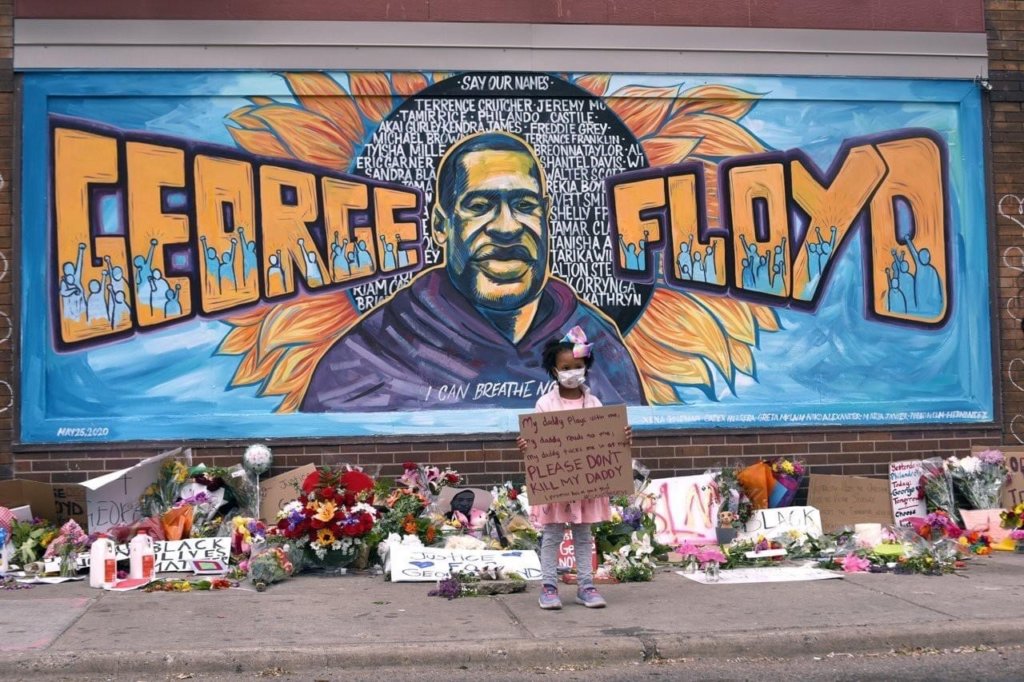Health care equity is a key part of racial justice
By Julissa Arce, Activist, Writer, and Producer
Latinos have one of the highest uninsured rates in the country. Our community felt the ramifications of this during the COVID-19 pandemic. Latinos have been nearly two times (three times as of July 2020) as likely to be infected than white people. We are 2.8 times (4.8 times as of December 2020) more likely to be hospitalized, and our community experienced 20.5% of all U.S. COVID-19 related deaths as of December 2020. In states like California, 39.2% of the population is Latino, however, we made up 63% of the COVID-19 cases as of July 2021, and 48% of deaths. Additionally, 57% of the U.S. population has received at least one vaccine dose as of July 19, of that percentage, only 16% are Latino in comparison to 61% who are white. In California, only 30% of vaccines have been administered to Hispanics, though we make up 40% of the total population in the state.
Keep up with the latest from UnidosUS
Sign up for the weekly UnidosUS Action Network newsletter delivered every Thursday.
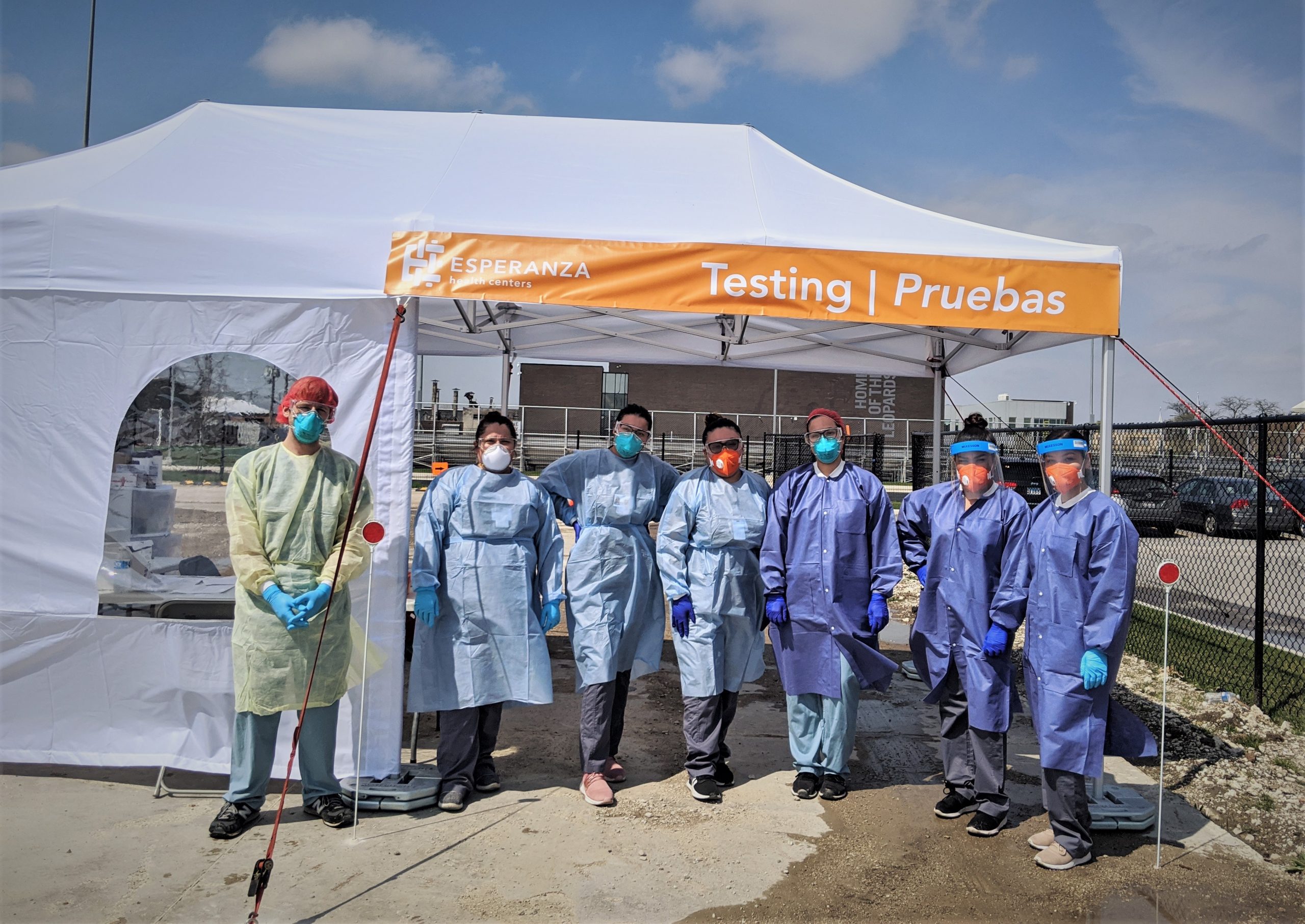
The pandemic has exacerbated disparities that already existed between majority-Latino communities versus nearby wealthy, mostly white neighborhoods. An example of these divergent realities exists in two communities in Houston, Texas—Gulfton and Bellaire. The former has a nearly 70% Latino population. Many families in Gulfton earn a living by cleaning hospitals, hotels, and houses. During the pandemic they provided sanitation services for the health and service industries placing them in high-risk environments. As a result, as of June 2020, the community had more than 1,100 COVID-19 cases, with almost 15 of those cases ending in deaths. In contrast, Bellaire only had 65 coronavirus cases, with no deaths recorded.
As a relatively young population, all things being equal, Latinos should have had far lower infections, hospitalizations, and death rates than other Americans. But we know all things aren’t equal. Our high uninsured rates and poorer health outcomes are deeply systemic.
We are more likely to suffer from chronic conditions like diabetes and obesity, and this isn’t something inherent in our culture. Where we live, work, and our socioeconomic status—all areas with disproportionate effects in our community—influence our health.
The employment-based insurance system we have in the United States is implicitly racist. Latinos are concentrated in the service industry where many employers do not offer health benefits. Only about 41% of Latinos receive health insurance through their jobs, compared to 66% of white people. Meanwhile, because the IRS decided that health insurance premiums paid by employers were tax-exempt, people who have employer-based insurance receive an annual $260 billion tax subsidy.
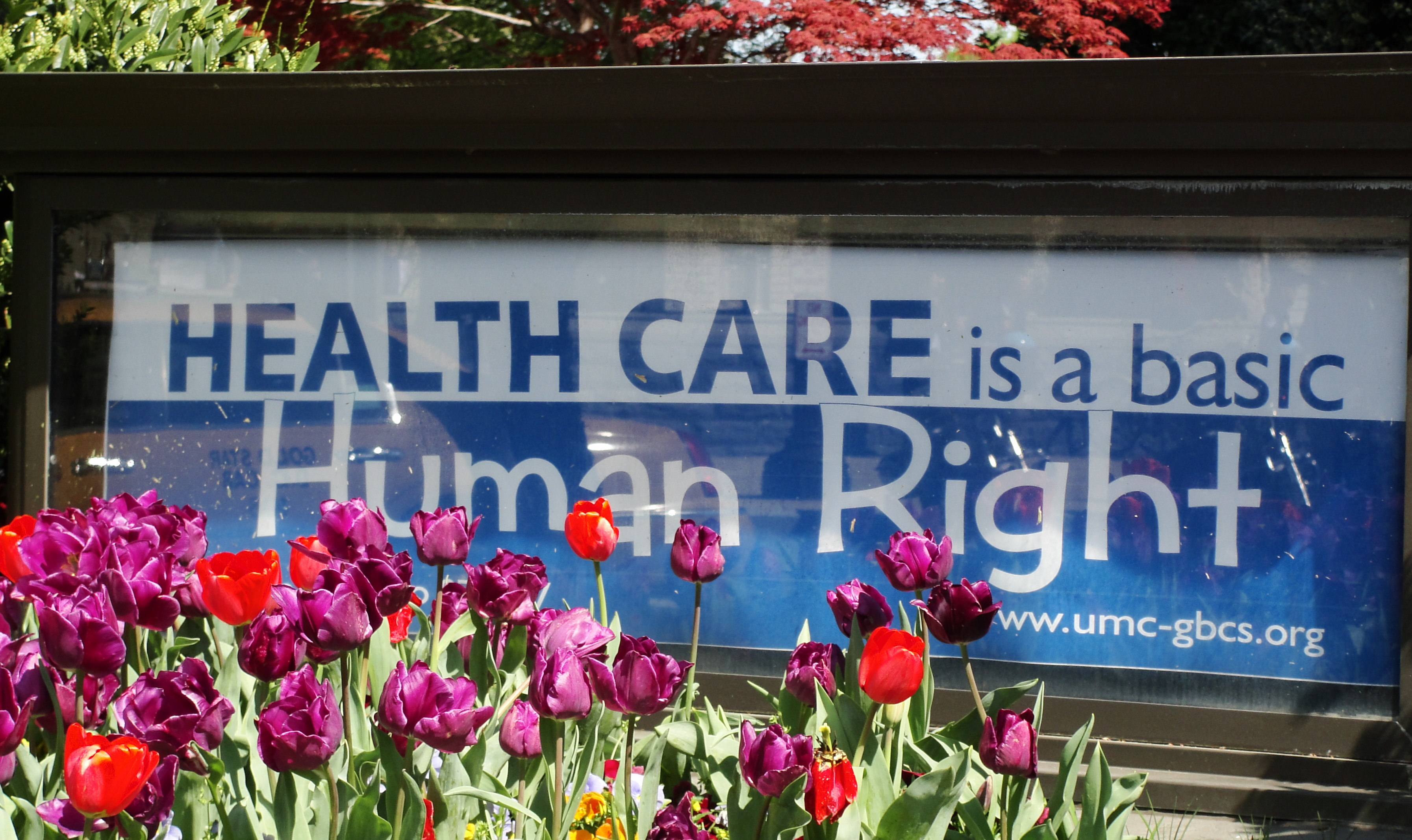
While federal and state programs exist to help close the gap, many people in our immigrant community remain ineligible to receive health insurance. Notably, more than 600,000 DACA recipients are still unable to access health care through the Affordable Care Act solely based on their immigration status. And even when we do have health benefits, things like language barriers can have devastating consequences. You might be surprised to hear that bilingual medical services and documents were not always a given. Until a few years ago, access to linguistically appropriate services that provide Spanish translation or direct access to a Spanish speaking professional in health care was not guaranteed for the 16 million Latinos who are not proficient in English.
So, the fight continues because our community deserves access to good quality health care. Learn more about UnidosUS’s work below.
- Check UnidosUS’s new report which includes policy solutions to improve the health of Latino families disproportionately impacted by the pandemic.
- Check out UnidosUS’s recent report with Georgetown University Center for Children and Families on how expanding Medicaid would help reduce the uninsured rate among Latino children and parents.
- Visit UnidosUS.org to learn more about UnidosUS’s Esperanza Hope for All Campaign and its work to close vaccination gaps among Latino children and families.
- Share UnidosUS’s principles for an equitable distribution of COVID-19 vaccines with state and local leaders.
